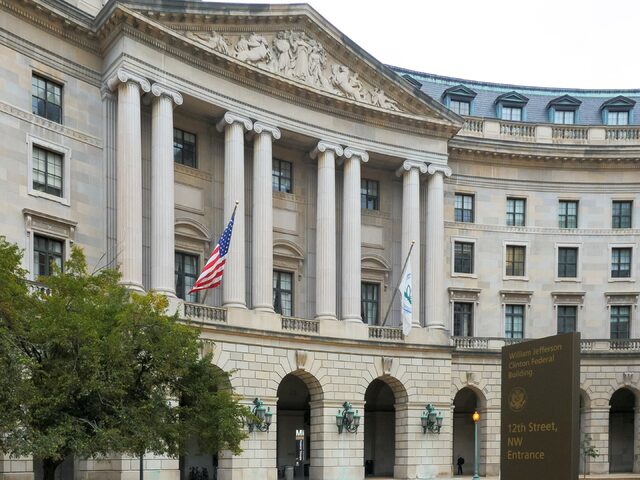Environmental Protection Agency (EPA) Administrator Lee Zeldin has announced the Agency’s plan to undertake 31 deregulatory actions with the stated goal of driving down the cost of living for Americans and revitalizing the American energy and auto industry. Many landmark environmental regulations and rules aimed at protecting clean air and water and reducing greenhouse gas (GHG) emissions will be subject to reconsideration by the agency through these actions.
EPA’s Actions Aim to Reduce Regulations Affecting Energy Production and Manufacturing
To advance the Administration’s goal of “unleashing American energy,” the EPA plans to reconsider regulations that impose operational and financial burdens on the oil and gas industry and power plants. Many of the rules and regulations under scrutiny involve limits to air emissions, such as the Mercury and Air Toxics Standards for coal-fired power plants, the mandatory Greenhouse Gas (GHG) Reporting Program and standards for managing wastewater and hazardous chemicals. Notably, the EPA also plans to reconsider the Risk Management Plan Rule, citing national security concerns and reduced competitiveness.
These actions intend to roll back hidden taxes and costs that are being directed to consumers by manufacturers and energy companies to compensate for their regulatory costs. Several of these actions focus on rules established to progress towards national and global climate goals. These include the electric vehicle mandate and several air quality standards that were amended during the Biden-Harris Administration to impose stricter requirements on manufacturers, including the Particulate Matter National Ambient Air Quality Standards (PM 2.5 NAAQS) and multiple National Emission Standards for Hazardous Air Pollutants (NESHAPs) for energy and manufacturing facilities. The Agency also plans to reconsider the Endangerment Finding, released by the EPA in 2009, which declared GHGs as an endangerment to human health and served as the basis for several other subsequent regulations and actions promulgated by the EPA. The revision or rollback of these regulations will have important implications on the auto industry and American manufacturing.
Lastly, the EPA plans to advance cooperative federalism and transfer more regulatory power to the states through these actions. Key priorities of the Agency will be to address the backlog of State Implementation Plans and Tribal Implementation Plans, end the Good Neighbor Plan Rule and expedite state permit reviews for coal ash programs, amongst others.
Next Steps: TRC Can Help
The EPA has not provided any additional information about the planned outcomes of these 31 actions or any other rules and regulations they will be targeting. TRC is closely monitoring these critical regulatory changes and the potential outcomes that will impact our clients and local regulatory agencies. Our practitioners are ready to help your organization adapt to these regulatory changes and maintain compliance.





